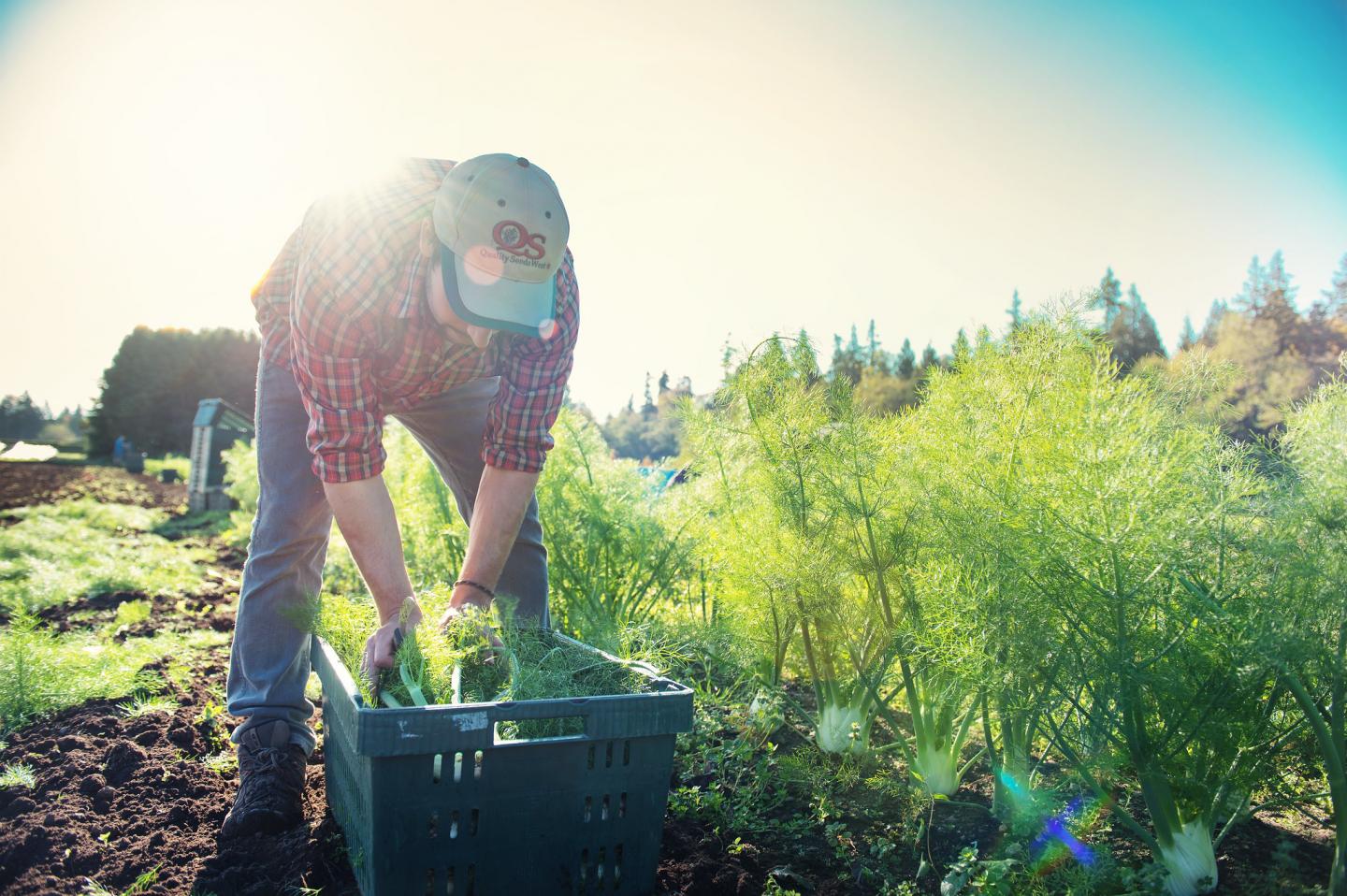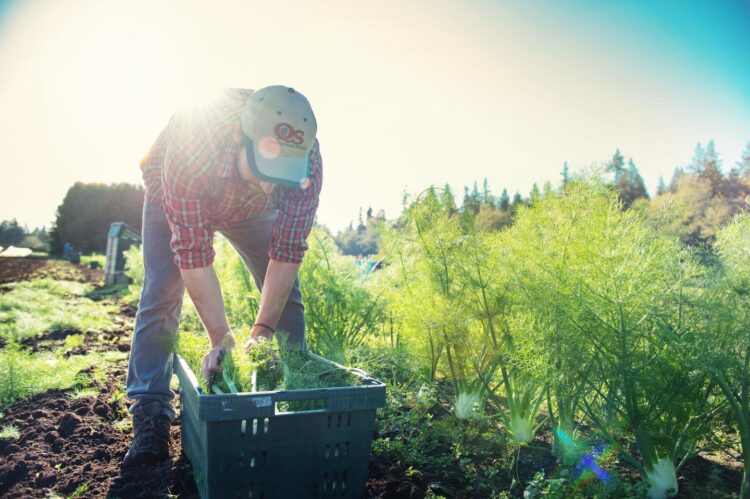Increasing diversity in crop production benefits biodiversity without compromising yields, according to an international study examining diversified and simplified agricultural practices.

Credit: Jamil Rhajiak / University of British Columbia, Communications & Marketing.
Increasing diversity in crop production benefits biodiversity without compromising crop yields, according to an international study comparing 42,000 examples of diversified and simplified agricultural practices.
Diversification includes practices such as growing multiple crops in rotation, planting flower strips, reducing tillage, adding organic amendments that enrich soil life, and establishing or restoring species-rich habitat in the landscape surrounding the crop field.
“The trend is that we’re simplifying major cropping systems worldwide,” says Giovanni Tamburini at the Swedish University of Agricultural Sciences and lead author of the study. “We grow monoculture on enlarged fields in homogenized landscapes. According to our study diversification can reverse the negative impacts that we observe in simplified forms of cropping on the environment and on production itself.”
The research, published in Science Advances, is based on 5,188 studies with 41,946 comparisons between diversified and simplified agricultural practices. Crop yield was in general maintained at the same level or even increased under diversified practices. The enhanced biodiversity benefited pollination and pest regulation by natural predation. It also improved water regulation and preserved soil fertility. Diversification, however, had variable effects on climate regulation. In some cases, it increased greenhouse gas emissions.
“By bringing together so much data, this work powerfully shows the potential for diversified farming to maintain productivity while reducing environmental harms and sustaining biodiversity and ecosystem services,” says Claire Kremen at the University of British Columbia and co-author of the study.
“However, we need to tune these techniques to specific crops and regions, maximize these benefits and reduce trade-offs that otherwise occur. Much more investment is needed to support adoption of diversified farming practices, through research, management incentives and extension programs.”
Increasing biodiversity is assumed to enhance yields and ecosystem services such as pollination, pest regulation by natural enemies, nutrient turnover, water quality and climate change mitigation by carbon sequestration. Although much research has been invested to explore this, outcomes of diversification had not previously been synthesized. Further, the focus had mainly been diversification of crops and vegetation. Diversification of soil organisms is seldom recognized.
“An important next step is to identify which practices and conditions that result in positive or negative climate mitigation, and to avoid practices that give negative impacts,” says Sara Hallin at the Swedish University of Agricultural Sciences and co-author of the study.
Studies where yield had been examined together with one or more other ecosystem services were few but still many enough to analyze occurrence of win-win, trade-off and lose-lose situations. Win-win outcomes between yield and another service dominated with 63 % of the cases, but all other possible outcomes (i.e. representing tradeoffs between yield and ecosystem services) were also represented.
Many of the tested diversification practices are in use already today, but can be more widely adopted and combined both on and off the crop field.
How can we diversify our farming systems?
There are many ways to increase diversity both on and off the crop field. Farms can add crop species to crop rotations, or grow crops together in the same field with intercropping. Flowering crops provide pollen and nectar for pollinating and predatory insects. Farms can also support below-ground biodiversity by mulching crop residues and adding manure or minimizing soil disturbance by reducing tillage.
###
Media Contact
Chris Balma
[email protected]
Original Source
https:/
Related Journal Article
http://dx.





